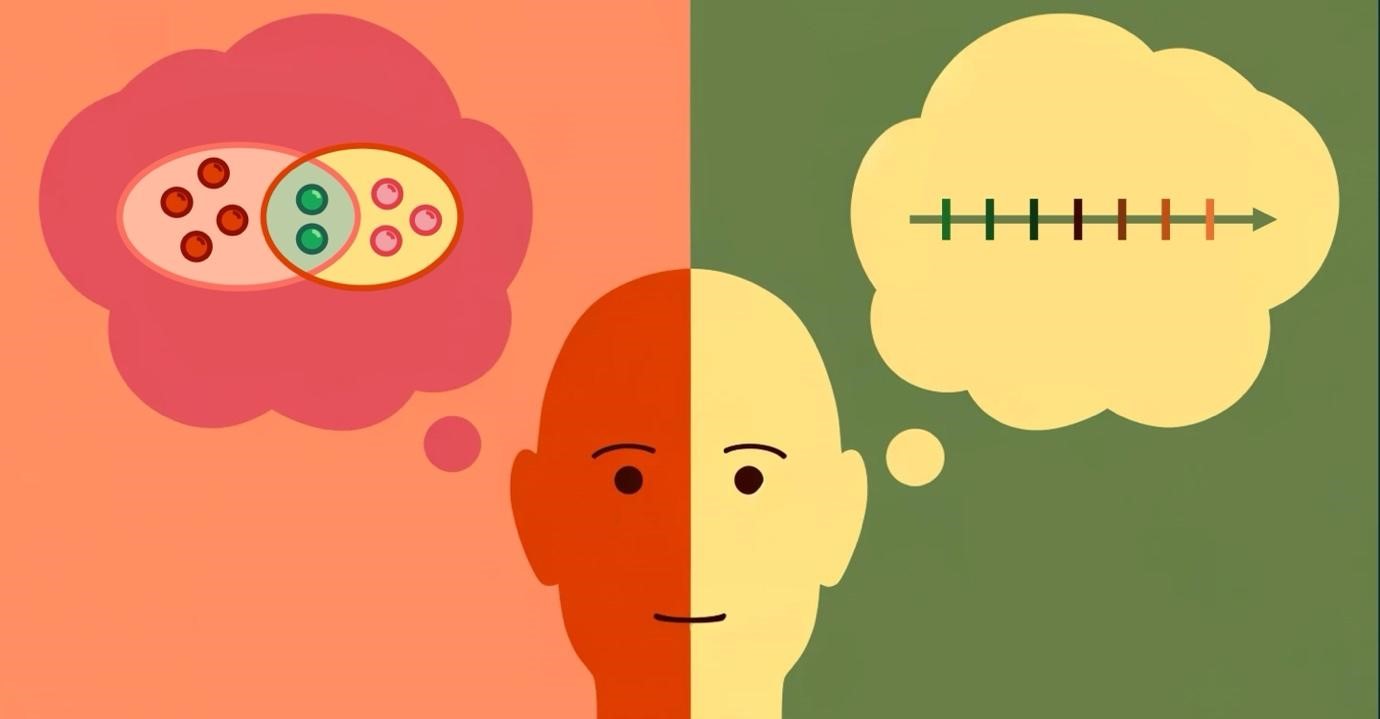When solving a mathematical problem, it is possible to appeal to the ordinal property of numbers, i.e. the fact
The way we memorize information—a mathematical problem statement, for example—reveals the way we process it. A team from the University of Geneva (UNIGE), in collaboration with CY Cergy Paris University (CYU) and Bourgogne University (uB), has shown how different solving methods can alter the way information is memorized and even create false memories.
By identifying learners’ unconscious deductions, this study opens up new perspectives for mathematics teaching. These results are published in the Journal of Experimental Psychology: Learning, Memory, and Cognition.
Remembering information goes through several stages: perception, encoding—the way it is processed to become an easily accessible memory trace—and retrieval (or reactivation). At each stage, errors can occur, sometimes leading to the formation of false memories.
Scientists from the UNIGE, CYU and Bourgogne University set out to determine whether solving arithmetic problems could generate such memories and whether they could be influenced by the nature of the problems.
Unconscious deductions create false memories
When solving a mathematical problem, it is possible to call upon either the ordinal property of numbers, i.e., the fact that they are ordered, or their cardinal property, i.e., the fact that they designate specific quantities. This can lead to different solving strategies and, when memorized, to different encoding.
In concrete terms, the representation of a problem involving the calculation of durations or differences in heights (ordinal problem) can sometimes allow unconscious deductions to be made, leading to a more direct solution. This is in contrast to the representation of a problem involving the calculation of weights or prices (cardinal problem), which can lead to additional steps in the reasoning, such as the intermediate calculation of subsets.
The scientists therefore hypothesized that, as a result of spontaneous deductions, participants would unconsciously modify their memories of ordinal problem statements, but not those of cardinal problems.
To test this, a total of 67 adults were asked to solve arithmetic problems of both types, and then to recall the wording in order to test their memories. The scientists found that in the majority of cases (83%), the statements were correctly recalled for cardinal problems.
In contrast, the results were different when the participants had to remember the wording of ordinal problems, such as: “Sophie’s journey takes 8 hours. Her journey takes place during the day. When she arrives, the clock reads 11. Fred leaves at the same time as Sophie. Fred’s journey is 2 hours shorter than Sophie’s. What time does the clock show when Fred arrives?”
In more than half the cases, information deduced by the participants when solving these problems was added unintentionally to the statement. In the case of the problem mentioned above, for example, they could be convinced—wrongly—that they had read: “Fred arrived 2 hours before Sophie” (an inference made because Fred and Sophie left at the same time, but Fred’s journey took 2 hours less, which is factually true but constitutes an alteration to what the statement indicated).
“We have shown that when solving specific problems, participants have the illusion of having read sentences that were never actually presented in the statements, but were linked to unconscious deductions made when reading the statements. They become confused in their minds with the sentences they actually read,” explains Hippolyte Gros, former post-doctoral fellow at UNIGE’s Faculty of Psychology and Educational Sciences, lecturer at CYU, and first author of the study.
Invoking memories to understand reasoning
In addition, the experiments showed that the participants with the false memories were only those who had discovered the shortest strategy, thus revealing their unconscious reasoning that had enabled them to find this resolution shortcut. On the other hand, the others, who had operated in more stages, were unable to “enrich” their memory because they had not carried out the corresponding reasoning.
“This work can have applications for learning mathematics. By asking students to recall statements, we can identify their mental representations and therefore the reasoning they used when solving the problem, based on the presence or absence of false memories in their restitution,” explains Emmanuel Sander, full professor at the UNIGE’s Faculty of Psychology and Educational Sciences, who directed this research.
It is difficult to access mental constructs directly. Doing so indirectly, by analysing memorization processes, could lead to a better understanding of the difficulties encountered by students in solving problems, and provide avenues for intervention in the classroom.
For more such insights, log into our website https://international-maths-challenge.com
Credit of the article to be given University of Geneva

